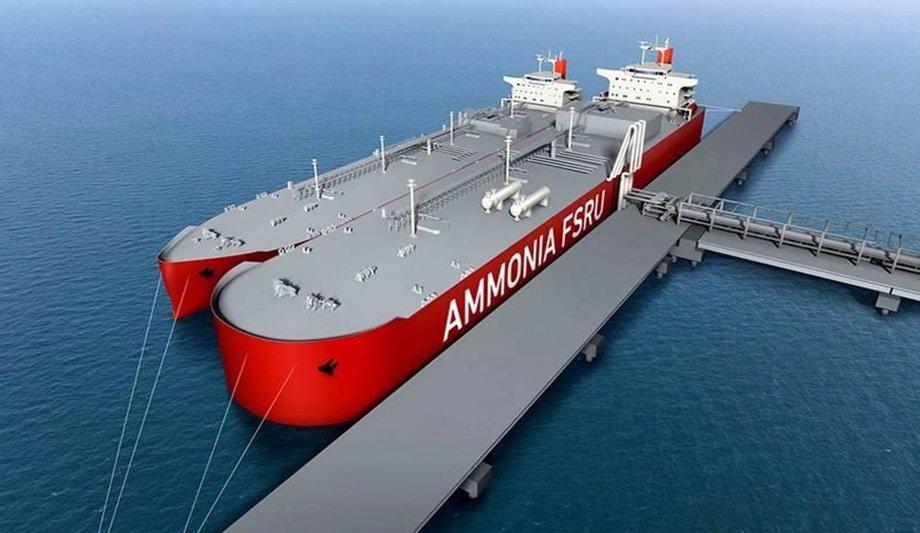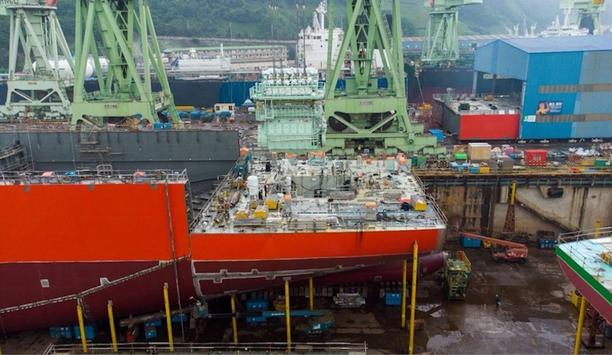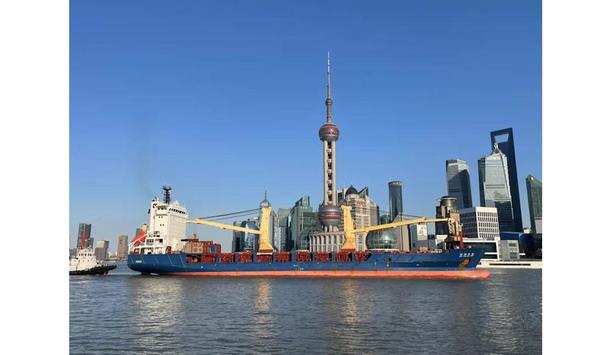ClassNK has issued an Approval in Principle (AiP) for an Ammonia FSRU (Ammonia Floating Storage and Regasification Unit) jointly developed by Mitsui O.S.K. Lines, Ltd. (MOL) and Mitsubishi Shipbuilding Co., Ltd.
Ammonia, which does not emit CO2 during combustion, is projected to be widely used as a source of clean energy for decarbonisation, while the development of onshore facilities for storage and regasification is a challenge.
FSRU
FSRU is a floating facility designed for liquified gases and equipped with storage tanks and a regasification facility that receives liquified gas on the water, vaporises it, and sends it ashore.
FSRU has the advantages of lower costs and shorter construction periods than those of the equivalent facilities onshore. The Ammonia FSRU, developed by MOL and Mitsubishi Shipbuilding this time, applies this technology to ammonia. It is expected to contribute to the development of the ammonia value chain as an alternative carbon-neutral fuel.
Conceptual design
ClassNK carried out a review of a conceptual design of the Ammonia FSRU based on its Part N of Rules for the Survey and Construction of Steel Ships for ships carrying liquefied gases in bulk, “Guidelines for Floating Offshore Facilities for LNG/LPG Production, Storage, Offloading and Regasification” and the other relevant rules, and examined risk assessment taking into account the results of gas dispersion study.
Upon confirming it complies with the prescribed requirements, ClassNK issued the AiP. ClassNK will continue to contribute to advanced decarbonisation initiatives, including safety assessments.










